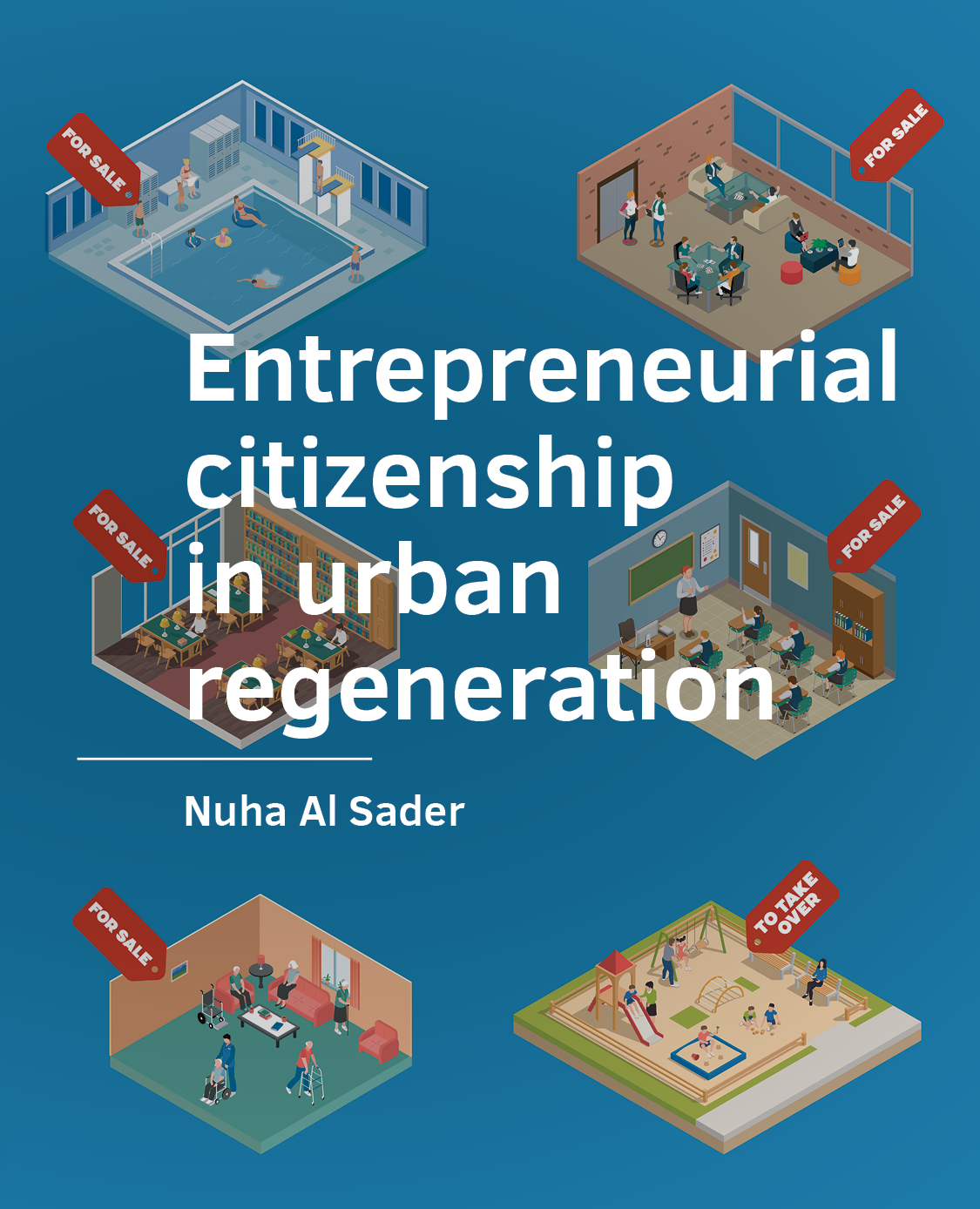Entrepreneurial citizenship in urban regeneration
DOI:
https://doi.org/10.7480/abe.2023.16.7169Abstract
More and more citizens are entering the public domain and taking over tasks that traditionally belong to the government. For example, citizens increasingly run a community centre themselves, maintain the greenery in their neighbourhood and manage the local playground. To some extent, governments also encourage this behaviour and are disposing of social real estate. Against this background, this study examines the rise of citizens' initiatives in the Netherlands and how this takes shape in the context of urban regeneration. The study pays attention to a specific type of citizens’ initiative, namely community enterprises. It applies qualitative research methods, such as semi-structured interviews with representatives of community enterprises and discourse analysis of policy documents. It examines the expectations governments have of active citizens and how this relates to the motivations and capacities of active citizens themselves. The study broadens our understanding of active citizens who utilizes their entrepreneurial skills and mindset to drive positive change, contribute to the well-being of their community, and address pressing societal challenges.


